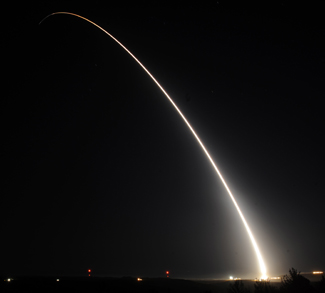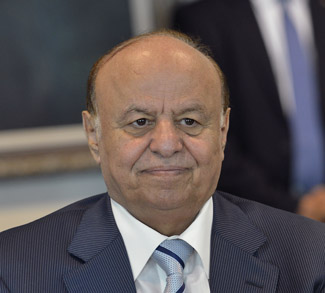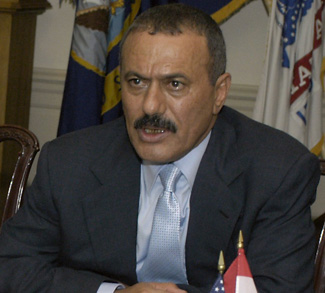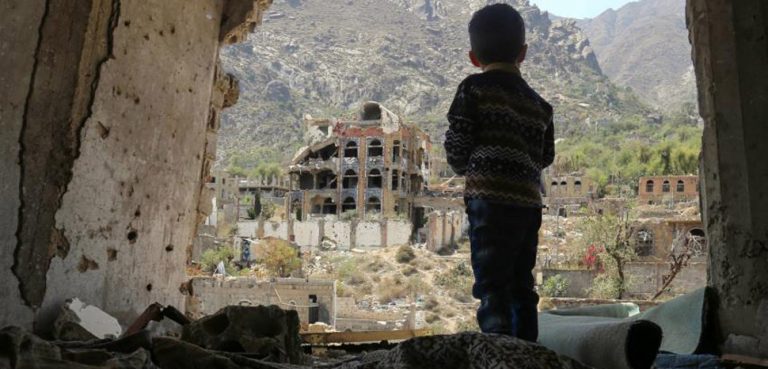Summary
A war of words has erupted between Iran and the Saudi monarchy following the interception of a missile over the Saudi capital of Riyadh. Saudi crown prince Mohammed bin Salman (or MBS as he has become popularly known) has accused Tehran of being responsible for the attack in a phone call to UK Foreign Secretary Boris Johnson. The missile was launched from Yemen, where Iran is thought to be backing the Zaydi Shia Houthi rebel movement against a Sunni Arab coalition led by Saudi Arabia. The Saudi government is backing Yemen’s internationally recognized president Abdrabbuh Mansur Hadi. Riyadh has reinforced its blockade of Houthi territory following the missile strike, closing land crossings and barring all traffic through Yemen’s air and sea ports.
The present situation is extremely complex, with a Saudi-Iranian/Sunni-Shia rivalry playing out across the Middle East complicated further by local factors. For example, Saudi domestic politics have been unsettled by MBS launching massive purge of rival members of the royal family, ministers, and businessmen – all on allegations of corruption. Critics charge that MBS is undermining the Saudi tradition of consensual rule among the sprawling royal family to cement his own personal power networks prior to his accession to the throne. Meanwhile, Yemeni President Hadi is under house arrest in Riyadh as a Saudi concession to the UAE, which is supporting the Saudi effort in Yemen and has built up a considerable powerbase in the anti-Houthi south at Hadi’s expense. The UAE distrusts Hadi, whom it sees as corrupt and allied with Yemen’s chapter of the detested Muslim Brotherhood. In the south, the Gulf nation has trained, financed, and armed militias that answer to it alone. It has also set up prisons and created a security establishment parallel to Hadi’s government.
Background
President Hadi’s status as a ‘guest-prisoner’ in Riyadh is mirrored by his former boss, ex-president Ali Abdullah Saleh. Saleh was overthrown in 2011 during the Yemeni chapter of the Arab Spring, which eventually brought his then-deputy to power the next year. A Zaydi Shia himself, Saleh subsequently joined forces with Hadi’s enemies the Houthis to take over the Yemeni capital Sanaa in 2014. However their alliance began to fray earlier this year, and the former strongman is now under house arrest by the rebels. This means both the top members of the despotic former Saleh presidency have ended up jailed since turning to other parties for help, after initially refusing to give up power voluntarily.




